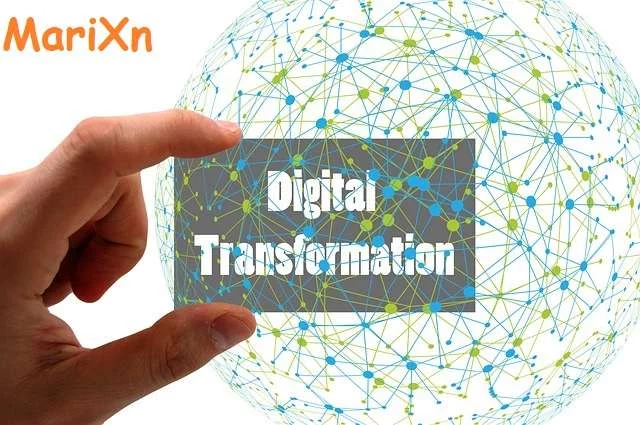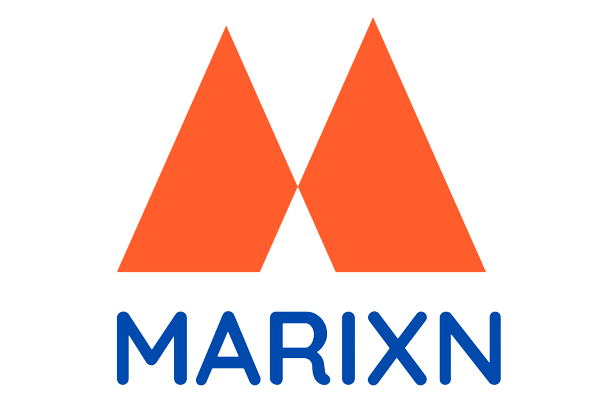
Why Digital Transformation?
The motivation behind a business's inclination towards digital transformation can vary extensively. Yet, the primary driver for embracing this transformative journey often arises from the immediate need.
A Dramatic Shift in Customer Interaction The emergence of social media platforms and web-based sales solutions has revolutionized customer-business interaction. With digitization, the world has become a smaller place, and markets have experienced a similar contraction. The realm of international competition has merged with domestic rivals, transcending geographical boundaries.
Customer Expectations Altered Digital solutions have revolutionized customer expectations, accentuating the demand for multi-channel accessibility and swift response times. Businesses are using digital tools to customize products, services, interactions, and communications to precisely match individual customer needs.
Ubiquitous Digital Transformation The phenomenon of digital transformation is pervasive across virtually every sector. Companies are fervently seeking methods to integrate their core services and processes within a unified framework.
Creating Exponential Value
Digital technologies serve as the catalyst for companies to unveil novel revenue streams and broaden their scope of potential customers. Organizations achieve this by seamlessly integrating digital and online channels, thus cultivating fresh business models. These models transcend the traditional approach of selling standalone products, instead embracing subscription-based offerings that encompass products and complementary services.
A Multifaceted Approach to Value Creation
Digital technologies empower companies to generate value across various dimensions, revolutionizing the conventional linear transaction model. Transactions are no longer limited to a single path; instead, organizations can extract enhanced value and even cultivate new products and services from a solitary transaction.
Meaningful data-driven understandings
The data amassed by an organization stands as a prized asset, brimming with untapped potential. Its utilization must be optimized to its utmost capacity.
Leveraging Data for Personalized Insights In the realm of digital transformation, both structured and unstructured data find purpose in crafting exceptionally tailored and pertinent insights. This practice not only fosters agility but also facilitates real-time feedback.
Greater collaboration across all functions
Navigating change proves to be a formidable endeavor for individuals at every level. From top-tier leaders to entry-level staff, the prospect of a sweeping transformation spanning all organizational sectors can evoke discomfort. Fostering consistent, lucid, and transparent communication across departments is crucial. A culture of accountability for each person’s contribution to the transformation journey should be cultivated. This approach thrives when each individual perceives the grand vision’s potential to steer the company toward enduring success.
Enhanced Agility, Innovation & Digital Culture
The pace of digital evolution is unforgiving, often catching organizations off guard, resulting in missed opportunities for swift responses. Regardless of a brand’s stature, the presence of a more affordable and superior alternative can sway customer choices. Therefore, established enterprises, as much as new startups, must remain vigilant in refining their strategies and adapting to evolving market dynamics.
A Collaborative Push for Innovation All stakeholders share the responsibility of nurturing an innovation-oriented mindset, pursuing a comprehensive approach to infuse digital culture throughout the organization.
Marixn’s Role in Navigating the Digital Realm At Marixn, we laboriously collaborate with our clients, facilitating rapid adaptation and prosperous navigation within this dynamic digital era. Our aspiration is to stand as their dedicated partners on the transformative voyage towards digitalization.
Clarifying Digital Transformation Myths Digital transformation holds the key to surmounting disruptions in work and business ecosystems. Many businesses intensified their efforts to accommodate this sudden upheaval. One prevalent myth about digital transformation is the notion of radical value proposition overhaul. In reality, digital transformation entails the utilization of novel digital tools and solutions to better cater to customer requirements. It may even involve enhancing existing operations to achieve heightened efficiency.
Digital transformation has emerged as a pivotal response to the disruption that has permeated work and business ecosystems. A majority of businesses have escalated their endeavors to swiftly address this unexpected upheaval. A prevalent misconception surrounding digital transformation warrants clarification: the notion that it necessitates a sweeping overhaul of the value proposition. In truth, digital transformation encompasses the strategic utilization of novel digital tools and solutions to enhance the fulfillment of customer requirements. This process might even involve refining existing operations for heightened efficiency.


